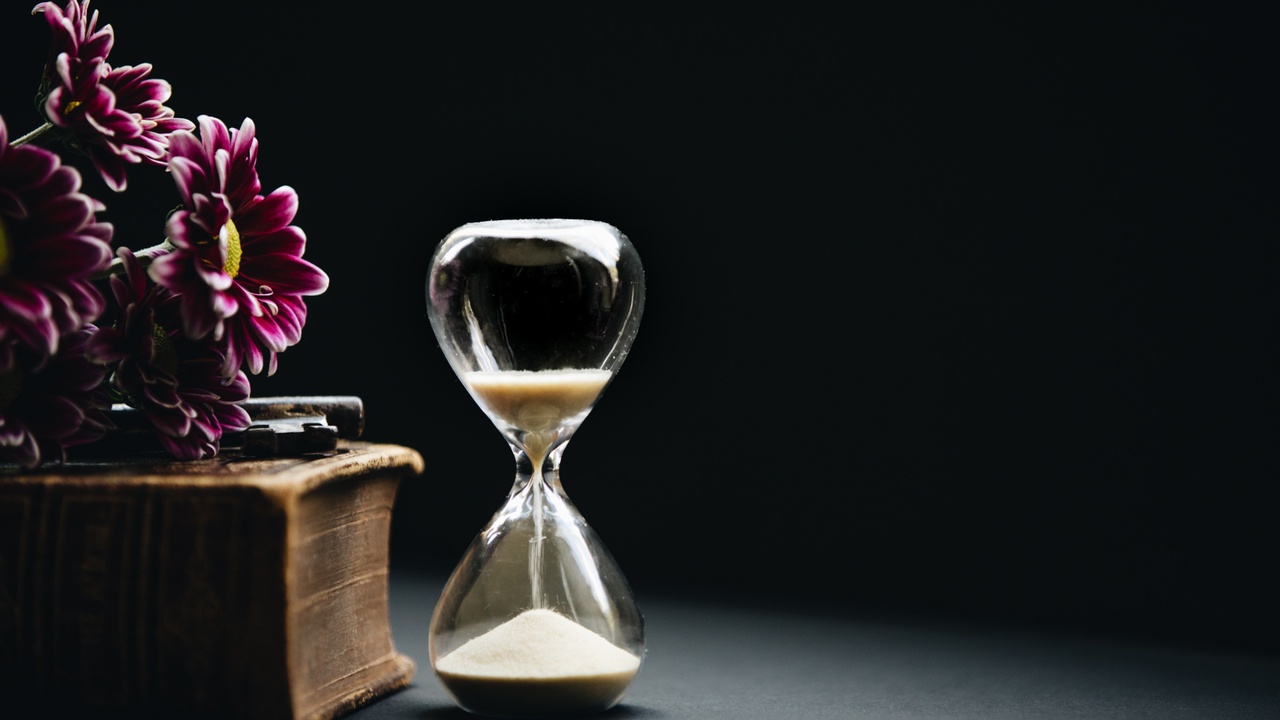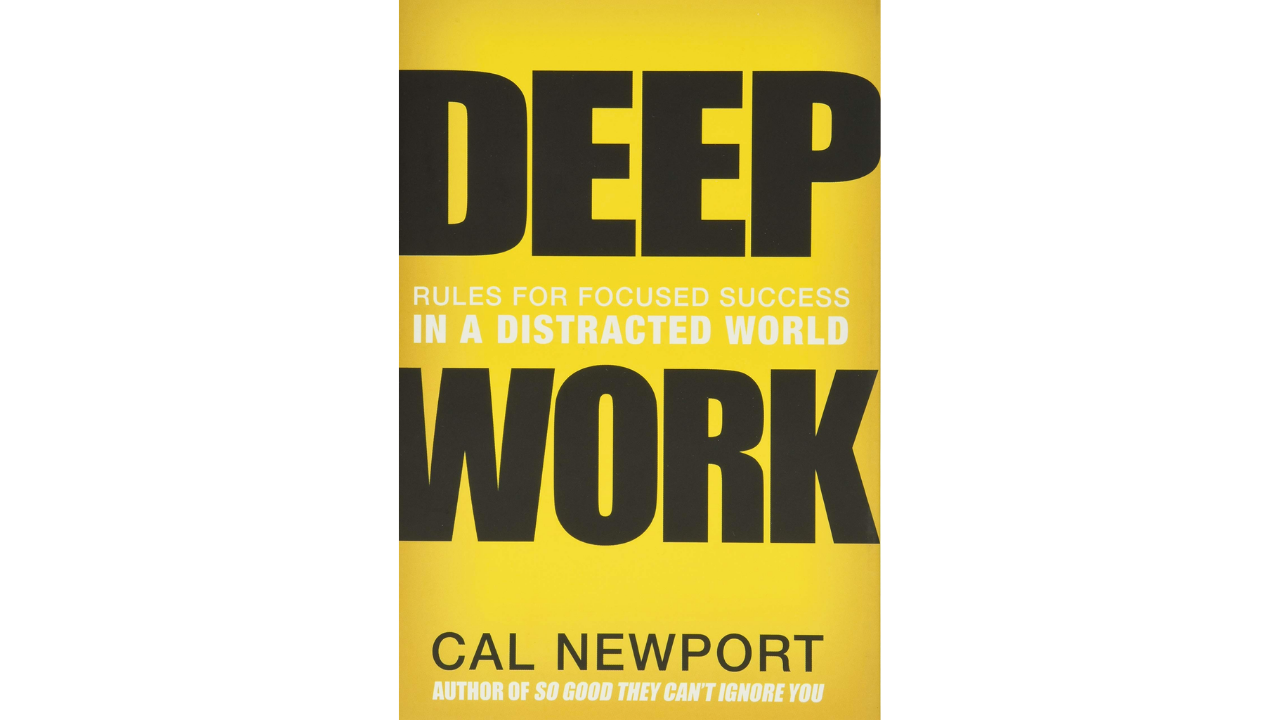
For most of my life, “time” has not been my friend. I’ve battled with time in pretty much every way possible. I was always chronically late, rushing, hustling, overbooked, or procrastinating. I was starving for more time. I could never get enough time. I thought that if I could just get a little more time, I’d be able to get my life in order. Well the joke is on me, because I suddenly have all of the time in the world and I am still struggling with my relationship with it. How could that be so? Well, let’s dig in.
When it comes to lateness, even if I told myself I had to be somewhere 15 minutes before I really needed to be there, I’d still somehow be late. There always seemed to be one more thing that just had to get done at that exact moment. In my attempt to stay accomplish more and fill every gap in my day, I would actually create more friction. I suspect another source of my struggle with being late stemmed from my tendency to underestimate and incorrectly track time. When I was practicing dentistry, this was a big issue. I never really knew how long it took me to do certain procedures. Once my loupes were on and my handpiece was turning, I entered a world of timelessness. You can imagine this caused issues with the rest of my dental team, scheduling patients, etc. My internal clock has a hard time ticking to the pace of reality and this constant misalignment added a lot of stress to my life.
When it comes to procrastination, I’d fallen into a chronic cycle of needing an imminent deadline to feel focused and motivated enough to complete tasks. I could only seem to find my flow and bust out high-quality work in the 11th hour of a deadline, often causing me to be late for other things. I became addicted to that rush. There is also some stuff to unpack here on the relationship between procrastinating and perfectionism- but let’s save that for another time.
When it comes to busyness, I’ve struggled with attaching my self-worth to being busy. After over a decade in high-stress environments that value busyness in the highest regard, I’d come to associate idleness with laziness and laziness with unworthiness. My nervous system was programmed to crave the frantic, busy energy that came with doing too much. Busyness had become my programmed baseline. When I was less busy, I felt agitated and as though I should be doing more. I would find ways to create stress, do unnecessary tasks, and overcommit to the non-essential. I had lost sight of the difference between busy and productive.
The costs of staying stuck in patterns of lateness, procrastination, and busyness:
- It reduced the quality of my work and I made more mistakes
- It was harmful to my health, physical and mental
- It was a significant stressor that contributed to my feelings of burnout
- It put extreme strain on my relationships and often hurt the people around me
- It distracted me from my greater purpose and hearing my own intuition
- It was a way for me to escape and avoid bad habits and difficult life decisions
- It prevented me from meaningful self-discovery and personal growth
- It was a false substitute for true self-worth which fragmented my identity
Something that I have been pondering is that no matter how chaotic or frantic I feel about time, it is going to pass by anyway. My mindset and inner dialogue affect me more than reality itself. The way I think and feel about the events in my day, perhaps rushing to a meeting, affects how I speak to myself; I am not kind, I make more mistakes, and I don’t put my best foot forward.
What I’ve come to discover is that my struggles with time stem from a fear of unworthiness, an unkind inner voice, and extreme discomfort with boredom and solitude. I accepted the fact that the cost of staying stuck in these harmful patterns was not worth it. In The Gifts of Imperfection Brené Brown says, “If we want to live a Wholehearted life, we have to become intentional about cultivating sleep and play, and about letting go of exhaustion as a status symbol and productivity as self-worth.”
For a long time, I thought that wearing my stress and busyness as a badge of honor and complaining about my hard efforts would garner more attention and sympathy, thus validating my status and worth. “Look at me! I am accomplished and I have this mountain of exhaustion to prove it.” But as the saying goes, a hurried life quickly becomes an unfilled life. When my self-worth is hinged on my productivity, there are constant feelings of inadequacy, scarcity, falling behind, and not being enough. When my behaviors and self-worth are aligned with my values (e.g. meaningful impact, joy, adventure) and I am living in integrity, I feel like everything flows with ease and abundance. Doing more doesn’t make me a better person. Only saying yes to what is aligned with my purpose is what makes me a better version of myself. (Read more about this in-depth here).
In my journey to break up with busyness, procrastination, and being late and to heal my relationship with time, productivity, and focus, I’ve been working to overcome my fear of unworthiness, an unkind inner voice, and extreme discomfort with boredom and solitude. The work I am currently doing:
Changing my inner dialogue
- Practicing daily affirmations (yes, the cheesy kind facing my mirror).
- Speaking kindly to myself. When I make a mistake, speaking to myself the way I'd speak to a loved one.
- Journaling, writing, blogging, and speaking. Repetition helps to strengthen and reaffirm the things I am saying so I truly embody them.
Embracing boredom
- Recognizing that excessive use of digital devices is extremely harmful and so many levels and limiting my use of digital devices and social media. (Read more about this in-depth here)
- Reengaging in phone-free leisure & hobbies. I've enjoyed playing games like Carrom, doing puzzles like Sudoku, and learning how to play the ukulele
- Not checking my phone when in motion (when walking, waiting in line, driving, etc.)
- Recognizing that rest is essential to true productivity
Reconnecting to my deeper purpose
- Clarifying my vision and goals
- Outlining a clear path towards these goals
- Embodying my desired identity through daily habits, such as daily movement, meditation, writing, etc.
Practicing Productivity
- Writing down my most essential goal the night before
- Avoiding any external inputs (texts, emails) before this #1 thing is done- this is the hardest
- Time-blocking and batching tasks, such as checking email or social media
- While I’m working, keeping a distraction sticky note by me so I can jot down random tasks I remember
- Working in only 60-90 minute ultradian rhythms and forcing myself to take a non-input break for 20 minutes (cooking, cleaning, walking, working out, meditation)
- Keeping my phone in another room and using an app like SelfControl to block me from distracting websites
- Giving myself one day a week of complete rest without any email, productive work, or mindless scrolling
- Revisiting my goals and tasks at the beginning of each week so I can refocus on the essentials
Bending Time
- In the book Do Less by Kate Northrup, she speaks about how we can bend and expand time using Einstein’s theory of relativity and the ancient Greeks philosophy of Kairos. Einstein teaches us that time is relative to our experience of it. Kairos teaches us that when we are fully inhabiting the time (fully in the moment), we experience suspended timeless time.
- We can bend and stretch time by changing how we perceive it; setting the intention to bend time, choosing to not rush, and fully inhabiting the time (Kairos).
- Whenever I am rushing or running late, I repeat Northrup's mantras of “I am the source of time,” and “I have more than enough time to do everything that matters.”
Cyclical Living
- Embracing all four phases of my menstrual cycles, lunar cycles, seasons, and project development phases as a blueprint to organize time and design our schedule with more flow, ease, and fun.
- Listening to my inner cycles can tell me when to best rest, start projects, socialize, and bring things to completion. It also relieves the burden of feeling as though I have to be productive all of the time, and it allows me to embrace periods of rest and reflection.
- Cyclical living helps us have abundant harvests without burning out in the process.
-
The Four Phases:
- Emergence - Follicular - Spring - Waxing Moon: creative brainstorming, planning, initiating
- Visibility- Ovulation - Summer - Full Moon: launching, connecting, collaborating
- Culmination - Luteal - Autumn - Waning Moon: details, completing things, focus, analytics
- Fertile Void - Menstrual - Winter - New Moon: rest, reflect, recharge, pause, research
If you enjoyed this post and want to read more about optimizing well-being, check out some of my other posts!
Five Strategies to Prevent Burnout
Smarter Faster Better Book Summary
The 4-Hour Workweek Book Summary
Photo by Nathan Dumlao on Unsplash






